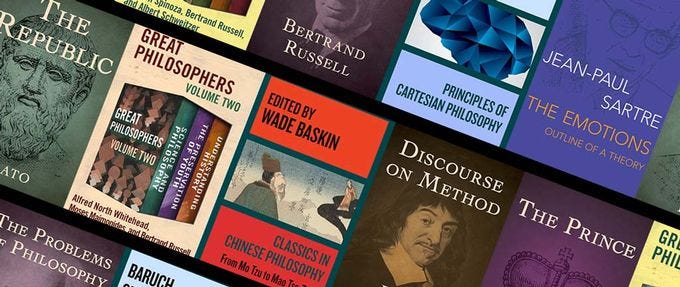For a long time, Western philosophy consisted of a list of great thinkers. The list (canon) as a solid structure of thought1. But if you zoom in, you see what brings the connection: letters between persons. These are central to Epistolary Philosophy, strengthening and enriching the canon with a beautiful thought, a blossoming insight or a critical sound.
Philosophical Canon
A twig climbs,
grabs, vulnerable,
like a thin stroke
of the pen.
Her route free,
but upwards,
to the distant
beam of light.
The frame here,
what she clings to,
is ages old
matted steel.
This twig brings
detail, on her own,
to the boring
base of grid.
The steel that stands,
seemingly firm,
her foundation
undisputed.
Steel, patched
with painted concrete
reminds of what
suppresses.
This canonical grid,
hollow quoted,
provided, facile,
abuse of power.
Fast curing cement,
clings and clasps
as totalitarian
rhetoric.
And hollow ideas,
climb with haste
populism,
unattached
The tight structure,
impotent in this
is painfully wrong
interpreted.
And not all lines
are permanently welded
some lines of thought
are missing in the grid,
Climbing twigs,
button up,
branched ideas
fused by letters
If I take distance,
some feet away,
consciously looking for
an overview.
I see flowers
here and there
colorific
scattered splendour.
And there, sheltered,
a leaf is hiding:
the small, vulnerable
nesting birds.
And a wild bee,
quietly asleep
in the crumbled
sheets of stone.
A butterfly,
land and rests,
spreading wings,
inspires.
The little twig,
makes a turn,
her freedom, thrown, is
situated.
Yet it is she,
that during time
provided strength,
perspective.
Unique and fresh,
that stroke of pens,
between the lines
of the philosopher's canon2.
See this article on the “Absurdly Narrow Canon” in the British Journal for the History of Philosophy. Times are changing, but just realize that nearly half the articles published in the period 1993-2013 reflected on the “big 7 of early modern philosophy” (Descartes, Kant, Hume, Locke, Leibniz, Berkely and Spinoza).

There is a lively discussion on the question if we should abandon the canon. See for example this blog on Philosophy Talk. Also, I recommend this nice read from Martin Lenz on The purpose of the canon. For the Dutchies: how about this article, where the canon is defended by three philosophers.
What are your thought on this?






